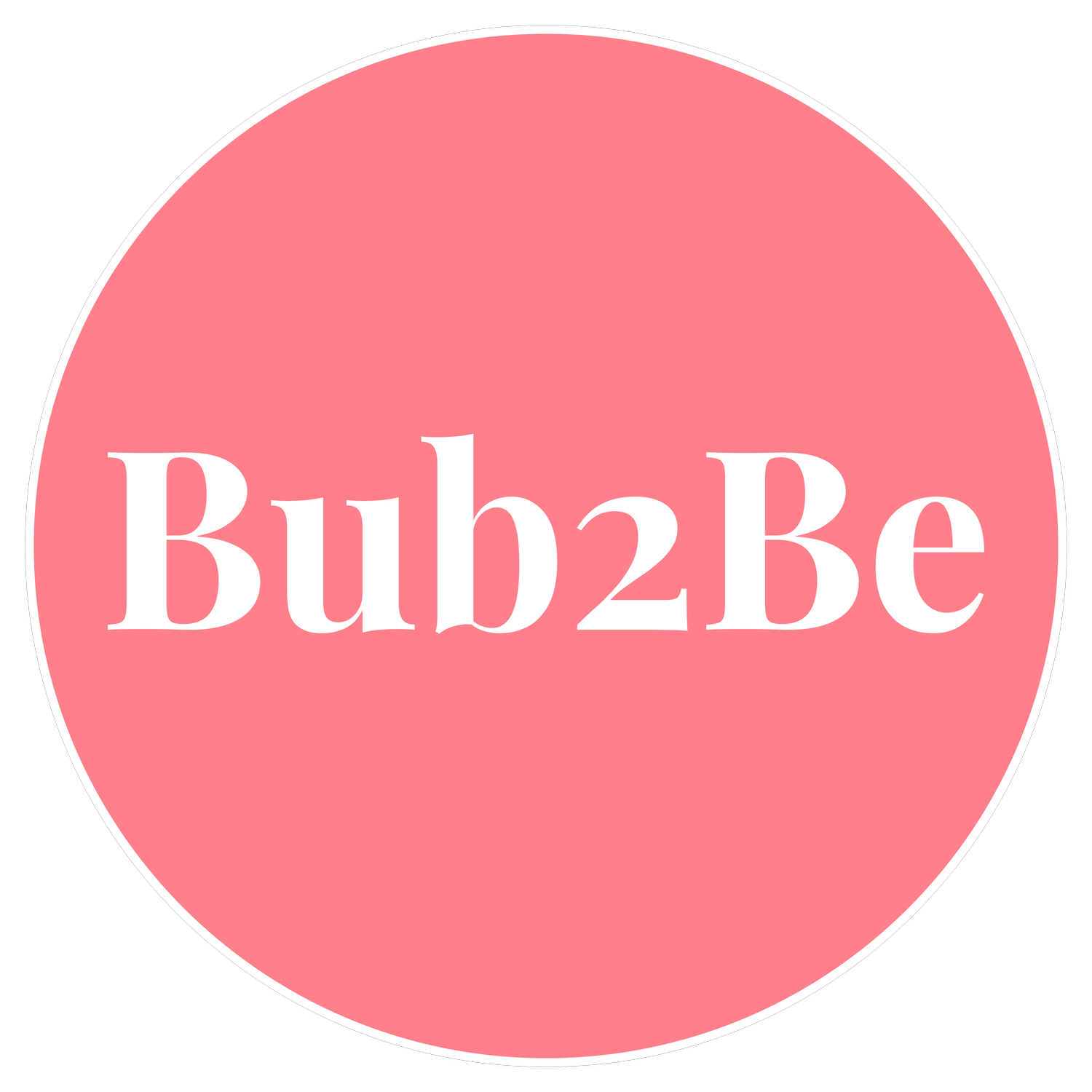Top 10 Pregnancy Myths Debunked
Pregnancy is a beautiful journey, but it's also surrounded by countless myths and misconceptions. These myths can often cause unnecessary anxiety and confusion for expecting māmā. Many expectant mums turn to social media for advice and information about pregnancy, but not everything you see online is accurate!
Studies show that a lot of the pregnancy-related info on social media is actually incorrect! For instance, DeLone et al. (2021) found that about 40% of pregnancy posts contain inaccuracies. Griffith et al. (2019) also discovered that pregnant women who mostly relied on social media for information were more likely to come across misinformation compared to those who used official medical sources.
Although we plan to debunk a whooole lot more misinformation in future blogs… We’re kicking off by debunking THE top 10 pregnancy myths!
Myth #1: You Should Eat for Two
Debunked: While it’s true that your nutritional needs increase during pregnancy, it doesn’t mean you need to double your food intake. According to the Ministry of Health New Zealand, pregnant women only need an extra 1400 kJ (about 335 calories) per day during the second trimester and 1900 kJ (about 450 calories) during the third trimester. Focus on nutrient-dense foods rather than increasing portion sizes (Ministry of Health, 2021).
Myth #2: You Can't Exercise During Pregnancy
Debunked: Regular exercise is beneficial for most pregnant women. It can help reduce back pain, improve mood, and decrease the risk of gestational diabetes. The Ministry of Health recommends at least 2.5 hours of moderate-intensity aerobic activity per week, unless advised otherwise by your healthcare provider (Ministry of Health, 2018).
Myth #3: Morning Sickness Only Happens in the Morning
Debunked: Morning sickness can strike at any time of day or night. It affects about 70-80% of pregnant women, usually starting around the 6th week of pregnancy and often subsiding by the 12th week. Eating small, frequent meals and staying hydrated can help manage symptoms (Health Navigator New Zealand, 2022).
Myth #4: You Can't Have Caffeine
Debunked: Moderate caffeine consumption is generally considered safe during pregnancy. The Ministry of Health suggests limiting caffeine intake to 200 mg per day (about one 12-ounce cup of coffee). Excessive caffeine (and we do mean an excessive amount!) can increase the risk of low birth weight and in very rare cases, miscarriage, so moderation is key (Ministry of Health, 2021).
Myth #5: You Can Determine the Baby’s Gender by the Shape of Your Belly
Debunked: The shape and position of your belly are influenced by factors like your muscle tone, baby's position, and your body type, not your baby's gender! Ultrasounds and genetic testing are the only reliable methods for determining gender (Ministry of Health, 2019).
Myth #6: You Should Avoid All Seafood
Debunked: Seafood can be a valuable part of a healthy pregnancy diet due to its high content of omega-3 fatty acids, which are important for your baby’s brain development. However, hapū women should avoid high-mercury fish like shark, swordfish, and marlin. Safe options include salmon, trout, and canned light tuna (New Zealand Food Safety, 2021).
Myth #7: You Can't Dye Your Hair
Debunked: Most research indicates that the chemicals in hair dye are not highly toxic and are safe to use during pregnancy. However, if you're concerned, consider waiting until the second trimester or using plant-based dyes (Ministry of Health, 2020).
Myth #8: Heartburn Means Your Baby Will Have a Lot of Hair
Debunked: There’s no scientific evidence to support this myth. Heartburn is common during pregnancy due to hormonal changes and the growing uterus pressing on the stomach. While some studies suggest a possible correlation between heartburn severity and newborn hair volume, it's not a reliable predictor (Ministry of Health, 2019).
Myth #9: You Should Avoid Flying
Debunked: For most healthy pregnancies, flying is safe up to 36 weeks. However, it’s important to consult with your healthcare provider before making travel plans. Staying hydrated and moving around during the flight can help reduce the risk of blood clots (New Zealand College of Midwives, 2019).
Myth #10: You Can Predict Labour with Accuracy
Debunked: There are many old wives' tales about predicting labour, from the shape of the belly to the phases of the moon. However, labour is a complex process influenced by numerous factors, and it’s impossible to predict with certainty. Regular prenatal check-ups are essential for monitoring the health of both mum and baby as the due date approaches (Ministry of Health, 2020).
Why Seeking Professional Advice is Crucial
Pregnancy is a time full of excitement and questions, and it's easy to get overwhelmed with all the advice from social media and well-meaning friends and family. However, It's essential to seek professional advice and guidance from qualified professionals. As medical professionals are obligated to provide you with accurate, evidence-based information, you’re far more likely to receive just that! Moreover, it ensures that expecting māmā have the opportunity to make safe, informed decisions about their health and the health of their baby. Relying on professional support can significantly reduce anxiety, debunk common myths, and promote a healthier, more enjoyable pregnancy journey.

